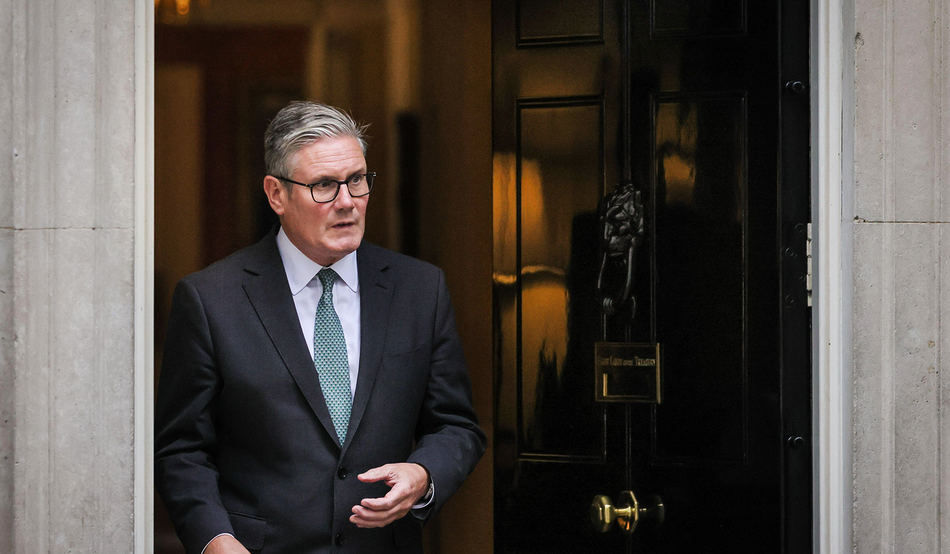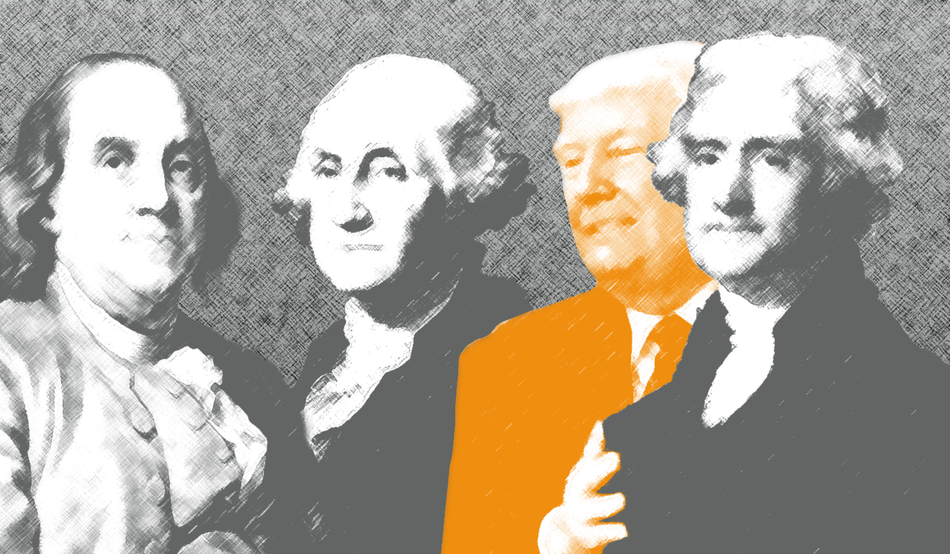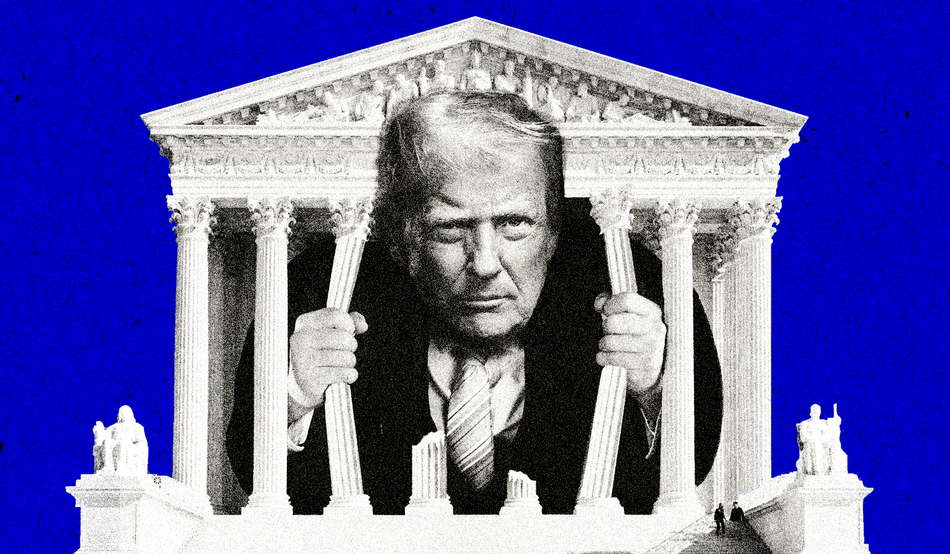From time to time you hear the cranking of the constitution of the United Kingdom as it works. It is a strange but welcome noise. Constitutional commentary is usually about how things are not as they should be, or even getting worse. But from time to time one gets to describe a polity doing something right.
Perhaps the best way of assessing any constitutional order is not to focus on institutions or even how functions are allocated, but to identify tensions. The key question is: what stops certain people with public power from doing as they will? Does a powerful politician or official or judge or lawmaker face any check or balance? Are there states within states that can do what they want?
Cynical observers may think that there are pockets within the state that have no formal (or practical) constraints on what they can do. There may even be some in those pockets who think the same—that they are above or outside the law. But sometimes that arrogance can be confounded.
Recently, the prime minister and the High Court did something extraordinary and welcome in respect of the UK security service MI5. The court had been misled in a material fashion by a senior MI5 official. Evidence had been submitted to the court which was false but also consequential. A lot hinged on the incorrect statement of fact.
This false evidence was then exposed. MI5 said it was very sorry and commissioned an investigation which found that the error had not been deliberate and had been conducted in good faith. Perhaps MI5 expected the court to nod along with this.
And then something remarkable happened. The court refused to nod along with the assurances that nothing untoward had happened. The court instead held that the MI5-commissioned investigation had been seriously flawed. The report could not be relied upon. Something else was needed.
The most senior judges of the High Court formally requested that the home secretary order an independent investigation of MI5. In fact, it was not the home secretary that was to announce that such an independent investigation would take place: it was the prime minister himself. This was heady, serious stuff.
In essence the highest judges of the land—including the Lady Chief Justice and the President of the King’s Bench Division—and the prime minister have publicly stated that they cannot trust MI5 to investigate itself when something serious has gone wrong. That is quite a remarkable situation.
Yet it shows a constitution that is working: even the security services face real checks and balances. And one can see why the courts and ministers need to push back on this. They need to be able to rely on the evidence which the security services put before courts. They want to be able to confidently defer to what they are told.
But if MI5 gets into the casual habit of not caring whether the material it submits to judges and government departments is true or not then the system, such as it is, breaks down. As techies sometimes say of botched programs: garbage in, garbage out.
Of course, it may be that the independent investigation also finds there was no deliberate wrongdoing. Perhaps there was actually no deliberate wrongdoing. Few people currently know the facts of what happened. Mistakes can happen, though so can cover-ups.
Yet some constitutional events are significant in and of themselves, regardless of any consequences. And for the top judges of the High Court—and the prime minister himself—to say publicly that they do not accept MI5’s own account of how something went seriously wrong, and to use a legal tool to force an independent investigation, is the sound of a working constitution.














